What Are The Benefits and Risks of Counseling?
Counseling is a collaborative process which involves the development of a confidential, unique, therapeutic, helping relationship. This relationship is unlike any other as I, and other mental health therapists, will act as a facilitator in helping you better understand yourself, the world around you, your feelings, and your behaviors.
As is the case with most things in life, there are both benefits and risks while participating in counseling. Counseling may improve your ability to relate with others, provide a clearer understanding of yourself, your values, and your goals, and it often helps relieve stress. Counseling often leads to better relationships, solutions to specific problems, and significant improvement in feelings of distress.
Along with these benefits, counseling will also involve discussing the unpleasant parts of your life, and you may experience uncomfortable feelings during these moments, and after sessions. But remember that using the awareness of one’s pain can aid the healing process and result in better relationships with yourself and others.
Please understand that there are no guarantees of what you will experience while in counseling as each individual and their experiences are so unique. Sometimes personal growth can be quick and easy and other times it may be slow and difficult. Good thing is that the majority of individuals who attend counseling find immense physical and emotional relief and are able to live a happier and healthier lives.
Written by: Shannon Gonter, LPCC
Shannon Gonter, Professional Counseling in Louisville, KY
I specialize in working with men and young adults. I am passionate about my career and want to work with you to create positive change. I also strive to create a counseling environment where men and young adults can relate, feel heard, and find new solutions to their negative patterns. Some issues that I most commonly work with are stress, relationship issues, difficulty saying “no” to others, difficulties recognizing emotions and emotionally connecting to others, anger, and intimacy issues, among others.
The information and resources contained on this website are for informational purposes only and are not intended to assess, diagnose, or treat any medical and/or mental health disease or condition. The use of this website does not imply nor establish any type of therapist-client relationship. Furthermore, the information obtained from this site should not be considered a substitute for a thorough medical and/or mental health evaluation by an appropriately credentialed and licensed professional.


